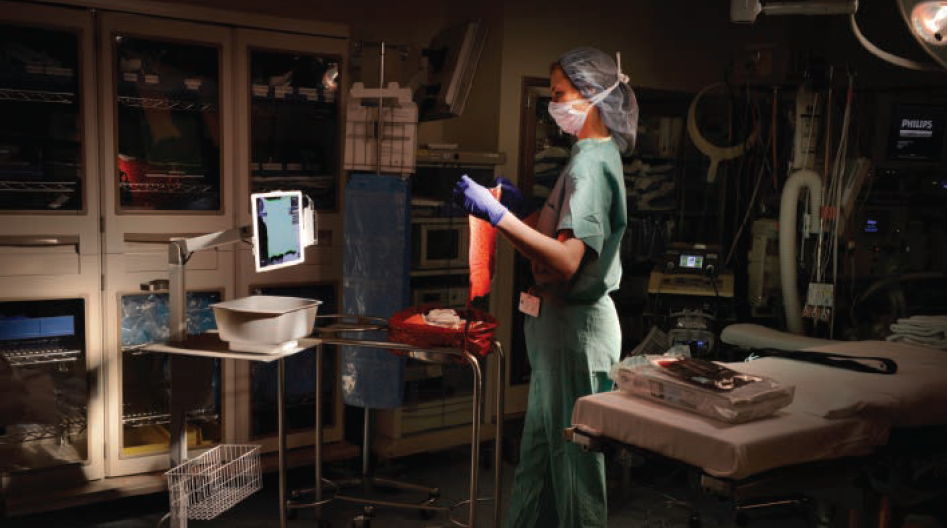Editor's Note In a March 28 update, the American College of Surgeons (ACS) says it is following the humanitarian crisis unfolding in Ukraine through Operation Giving Back, and that no current role or mechanism exists for safe travel to help in person at this time. ACS notes that healthcare facilities…
In 2018, Sam Weprin, MD, started his first year of residency in Urology. During one of his first prostatectomy cases, he witnessed an impeccable surgery performed by the attending surgeon. Unfortunately, a surgical needle went missing inside the patient. The surgeon and her team spent an hour searching for it,…
Editor's Note AORN announced on August 15 that it will launch a new “Center of Excellence in Surgical Safety: Prevention of RSI.” Facilities will be recognized as Centers of Excellence for implementing a surgical team-based program to prevent retained surgical items (RSI). The complimentary program, sponsored by the AORN Foundation…

Blood loss during labor and delivery (L&D) and surgical procedures can lead to serious complications that might be prevented with early detection; however, detection can be challenging. For example, clinicians have traditionally estimated blood loss visually—a subjective and often inaccurate process. Humans’ eyes simply aren’t good at making precise measurements,…
Some healthcare facility leaders have managed to reduce or even eliminate the incidence of retained surgical items (RSIs), but vulnerability remains despite increased focus on this problem. A 2015 article in the Journal of the American Medical Association cited a median estimate for RSIs: one event per 10,000 procedures, with…
Editor's Note Medtronic has agreed to buy RF Surgical Systems for $235 million. The technology embeds radio frequency tags in surgical sponges, towels, and other products to help track and prevent them from being retained in the patient after surgical procedures. Medtronic agreed to pay $235 million to buy…
Two new independent studies examine the performance of technologies for preventing retained sponges. In the first study, which tested data-matrix-coded sponges (SurgiCount Safety-Sponge System), none of the sponges were retained out of 1.86 million counted over 18 months. The study conducted at the Mayo Clinic Rochester (MCR) in Minnesota was…